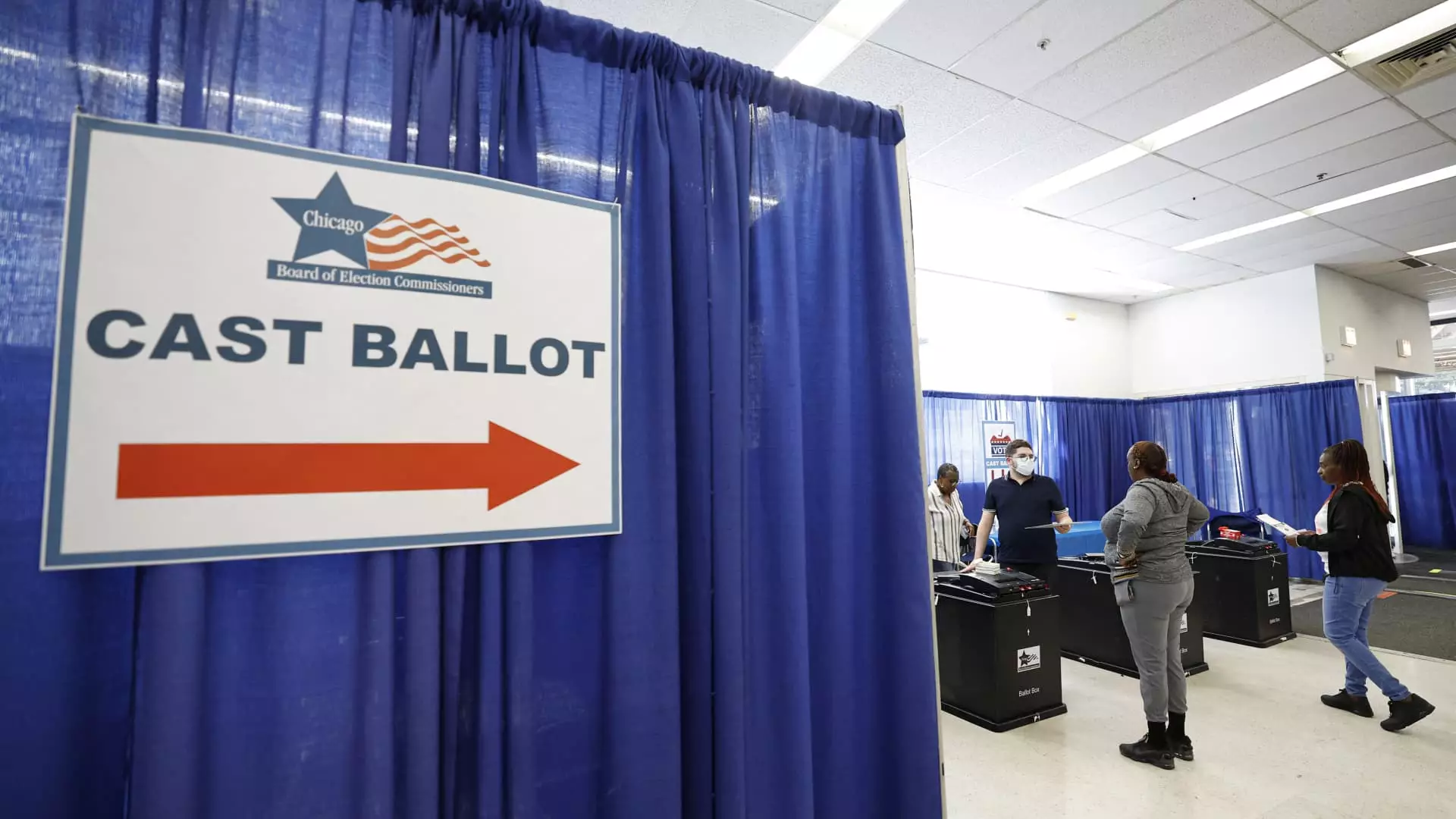In the United States, discussions about finances often trigger discomfort, equaled only by topics like sex and personal politics. A research study by U.S. Bank involving 3,500 participants revealed that many Americans would rather disclose their political preferences for an upcoming presidential election than delve into their financial situations. This aversion to discussing money stems from the profound anxiety and societal pressures associated with it. As noted in a separate study by Wells Fargo, which surveyed over 3,400 adults, personal finances remain some of the most challenging subjects to communicate about. This cultural reluctance complicates relationships and financial planning, leading many to navigate these waters without the support and clarity that open dialogue could provide.
Despite these barriers, there are signs that families are beginning to break through the fog of silence surrounding finances, particularly between parents and their children. U.S. Bank’s findings indicate that today’s parents are significantly more open to discussing financial concepts—like investing in stocks and saving for college—with their children than previous generations. While this is a positive trend, the research also highlights that a substantial 45% of respondents remain unaware of their parents’ financial situations. This disconnect may lead younger generations into a financial quandary, especially as they increasingly contemplate the prospect of providing assistance to aging parents.
Financial planners emphasize the importance of these discussions. Winnie Sun, a co-founder of Sun Group Wealth Partners, states, “Avoiding money conversations will lead to misunderstandings and missed opportunities to plan effectively for the future.” Given the stakes, not initiating conversations—especially about significant issues like estate planning and healthcare—could result in costly ramifications down the road.
The reluctance to engage in financial discourse can foreshadow problems when emergencies arise. Scott Ford of U.S. Bank shared a poignant personal experience where he faced a scramble to pay property taxes for a family member without any prior knowledge of their financial setup. He stresses the necessity of discussing finances before crises occur, suggesting that families should start conversations with less threatening subjects, such as health-related expenses. “Our advice is just to get started, begin small,” he advises.
In addition to personal relationships, financial miscommunication can prove detrimental among couples. According to U.S. Bank research, over a third of Americans do not see eye-to-eye with their partners regarding financial management strategies. Furthermore, the study revealed that 30% of respondents had lied about their financial standing to their partners, a practice known as financial infidelity. This lack of transparency creates tension and mistrust, making it even more challenging to establish shared financial goals.
To foster healthier financial dialogues within relationships, experts encourage couples to cultivate an environment conducive to open conversations. Financial advisors often serve as invaluable resources for mediating discussions about sensitive topics. U.S. Bank found that over half of investors noticed a significant improvement in their ability to discuss finances after engaging with a financial advisor.
These professionals can help alleviate misconceptions and guide couples toward a more collaborative approach to managing their collective finances. It’s crucial for individuals to recognize that their financial advisors are often willing to offer initial consultations free of charge, presenting an opportunity for individuals or couples who may feel intimidated or overwhelmed by personal finance topics.
Building a Foundation of Financial Literacy
Education plays a critical role in empowering individuals to participate in financial dialogues confidently. By taking the initiative to research personal finance—through books, workshops, or online resources—people can alleviate some of the stress that accompanies these discussions. Furthermore, discussions about money can transform from uncomfortable obligations into enlightening discussions that foster cohesion and better understanding among family members.
While discussing money remains a challenging endeavor for many Americans, the tide may be slowly turning. With intentional effort, families can create a culture of financial openness that not only enhances understanding but also solidifies stronger familial bonds. The road ahead requires persistence and the willingness to share, but it is precisely this dialogue that can set the stage for a prosperous financial future for all involved.

